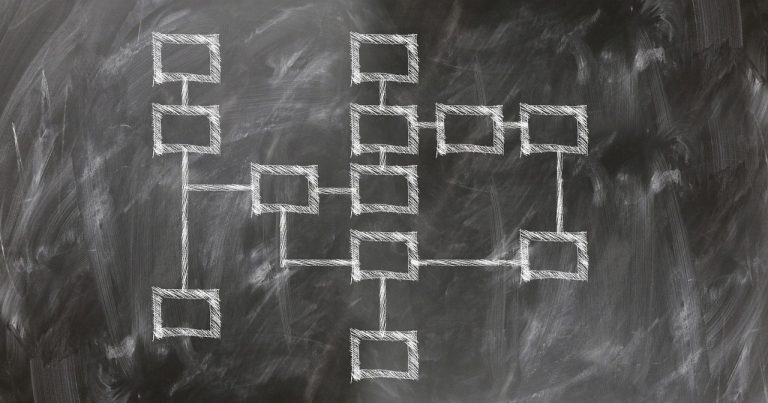In a world where conflicts often dominate headlines, it’s essential to explore alternative methods for resolving disputes and creating positive cultural change. One such method is mediation, a process that encourages open communication, understanding, and compromise. This blog post delves into how mediation can play a pivotal role in promoting positive cultural change.
Understanding Mediation
Mediation is a voluntary and confidential process in which a neutral third party, the mediator, facilitates communication and negotiation between parties in conflict. Unlike litigation, where a judge makes the final decision, mediation empowers the parties involved to find mutually agreeable solutions.
Promoting Open Dialogue
One of the fundamental aspects of mediation is its emphasis on open dialogue. By providing a safe and structured environment, mediation encourages participants to express their perspectives, concerns, and aspirations. This open communication fosters empathy, as parties gain insight into each other’s experiences and viewpoints.
Empowering Individuals and Communities
Mediation empowers individuals and communities by giving them a voice in shaping their own futures. It acknowledges that those directly involved in a conflict are often best equipped to find solutions that align with their unique circumstances and needs. This empowerment is crucial for nurturing a sense of ownership over cultural changes.
Breaking Down Barriers
Cultural conflicts often arise from misunderstandings, miscommunications, or deeply ingrained prejudices. Mediation helps break down these barriers by providing a structured platform for participants to challenge their assumptions and stereotypes. This process encourages the recognition of shared values and common goals, ultimately fostering unity within diverse communities.
Building Trust and Reconciliation
Trust is the cornerstone of any healthy community or society. Through mediation, parties engage in a process of rebuilding trust, even after experiencing significant conflicts. The mediator’s impartiality and commitment to fairness serve as a foundation for this trust-building process, allowing individuals to move forward with a renewed sense of collaboration and mutual respect.
Preserving Relationships
In many cultural contexts, maintaining relationships is of paramount importance. Mediation prioritizes preserving relationships, even in the midst of conflict. By focusing on constructive communication and mutual understanding, mediation allows parties to find resolutions that do not require severing ties or burning bridges.
Encouraging Long-term Sustainability
Cultural change is not a one-time event but an ongoing process. Mediation equips individuals and communities with the skills and tools necessary to navigate future conflicts in a constructive and collaborative manner. This long-term sustainability contributes to a culture of peace, harmony, and progress.
Case Studies: Mediation in Action
To highlight the efficacy of mediation in promoting positive cultural change, let’s examine a few real-life examples:
- Community-Led Mediation in Post-Conflict Rwanda: Following the devastating genocide in Rwanda, community-led mediation initiatives played a vital role in healing and reconciliation. By bringing together survivors and perpetrators, these mediations facilitated dialogue, forgiveness, and the rebuilding of fractured communities.
- Mediation in Workplace Diversity Conflicts: In corporate settings, mediation has proven to be a powerful tool for resolving conflicts related to diversity and inclusion. By providing a platform for open conversation, employees are able to address issues of bias and discrimination, leading to a more inclusive work environment.
Mediation holds immense potential for facilitating positive cultural change by promoting open dialogue, empowering individuals and communities, breaking down barriers, and building trust. Through its emphasis on collaboration and long-term sustainability, mediation offers a pathway towards a more harmonious and inclusive society. By embracing this process, we can navigate the complexities of cultural change with empathy, understanding, and grace.





